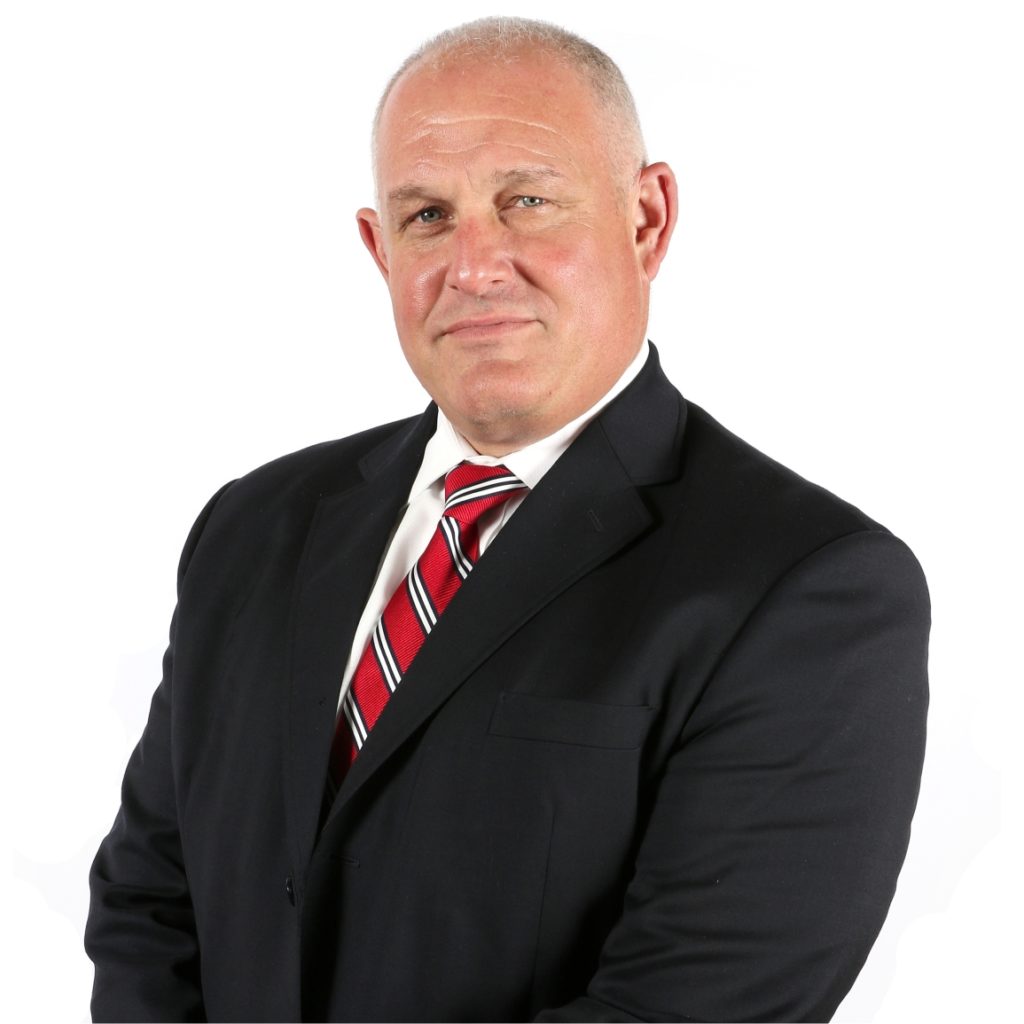Unemployment rates have surged as a direct result of the coronavirus outbreak. State-issued stay-at-home orders have made many industries come to a standstill. To date, more than 16 million Americans have filed for unemployment benefits. The loss of employment can become a source of heightened stress for persons pursuing adjustment of status to remain as legal permanent residents of the United States.
The Department of Homeland Security’s February 24, 2020 public charge inadmissibility rule announced a series of factors USCIS would take into account for determining whether an individual is “likely to become a public charge.” USCIS has announced that testing, treatment, and preventative care for COVID-19 will not be considered part of the public charge test. Additionally, unemployment insurance is not considered a government benefit that will make a person likely to become a public charge. On its website, USCIS encourages all experiencing COVID-19-like symptoms to seek out the appropriate medical care. They clarify that “such treatment or preventive services will not negatively affect any alien as part of a future Public Charge analysis.”
It is important to keep in mind that should a person need to apply for other types of assistance in addition to unemployment insurance coverage, these additional benefits could impact his or her public charge determination. If those subject to the public charge ground of inadmissibility lives and works within a locale where stay at home orders and other preventative measures have been implemented, they may submit a statement with their application for adjustment of status to explain how these policies and other COVID-19 preventative measures have affected the factors USCIS considers when making a public charge determination.
By way of refresher, DHS will only consider the following public benefits in consideration of the public charge determination:
- Any federal, state, local or tribal cash assistance for income maintenance
- Supplemental Security Income
- Temporary Assistance for Needy Families
- Federal, State, local, or tribal cash benefit programs for income maintenance (often called General Assistance in the state context, but may exist under other names elsewhere)
- Supplemental Nutrition Assistance Program (formerly called Food Stamps)
- Section 8 Housing Assistance under the Housing Choice Voucher Program
- Section 8 Project-Based Rental Assistance (including Moderate Rehabilitation)
- Public Housing under section 9 the Housing Act of 1937, 42 U.S.C. 1437 et seq.
- Most forms of federally funded Medicaid (with certain exclusions)
DHS will also not consider the receipt of public benefits by a person who at time of receipt, filing, or adjudication of his or her application is enlisted in the U.S. armed forces or is serving in active duty. Consequently, DHS will also not consider the receipt of such public benefits by the spouse and children of these service members.
These are unprecedented times, but here at Wilner & O’Reilly we remain dedicated to our providing the best service to our clients. We continue to monitor the situation closely and know that many of you are facing uncertainty at this time. Keep checking our blog for the latest immigration-related COVID-19 updates. Though state-issued guidelines prevent us from meeting with clients in person, we remain available for consultations via telecom. Call our office to schedule an appointment today!
We have offices in Orange, Fresno, Riverside, Sacramento, San Bruno, California, as well as Orem and Salt Lake City, Utah, and Boise, Idaho to serve you better.
ABOUT THE AUTHOR(S)
LAUREN M. FLORES – ASSOCIATE ATTORNEY

Lauren M. Flores is an associate attorney at Orange Office of Wilner & O’Reilly, APLC. She is a native of Compton, CA and a proud daughter of an immigrant father. Her primary and secondary education took place in the neighborhoods of Huntington Park, South Central, and Boyle Heights—she has a special affinity for these communities. She graduated from Brigham Young University where she earned a Bachelor of Arts in Journalism with Minors in Spanish, Editing, and International Development. She received her Juris Doctor from the J. Reuben Clark Law School at Brigham Young University. During her time in law school, she served as an associate editor, lead editor, and finally executive editor for the Brigham Young University Education and Law Journal. She is passionate about education and furthering the opportunities for inner city youth to have access to higher education.
RICHARD WILNER – FOUNDING PARTNER

Richard M. Wilner is a founding member of Wilner & O’Reilly, APLC and is Board Certified by the State Bar of California as a Specialist in Immigration and Nationality Law. He is admitted to practice law in the State of California and before the U.S. District Courts for the Central, Northern and Southern Districts of California, the Northern District of Texas, the U.S. Court of Appeals for the Ninth Circuit and the U.S. Supreme Court.Mr. Wilner has received the coveted Martindale-Hubbell AV Rating, the highest legal and ethical rating that one can receive from one’s peers in the legal community. Similarly, he has been awarded the title of Super Lawyer from 2007 to the present. He is best known for his work in advising Fortune 500 companies, middle and small market businesses, entrepreneurs and foreign nationals of extraordinary ability in athletics, arts, and sciences in the complex area of U.S. Immigration and Nationality Law.



Comments are closed.